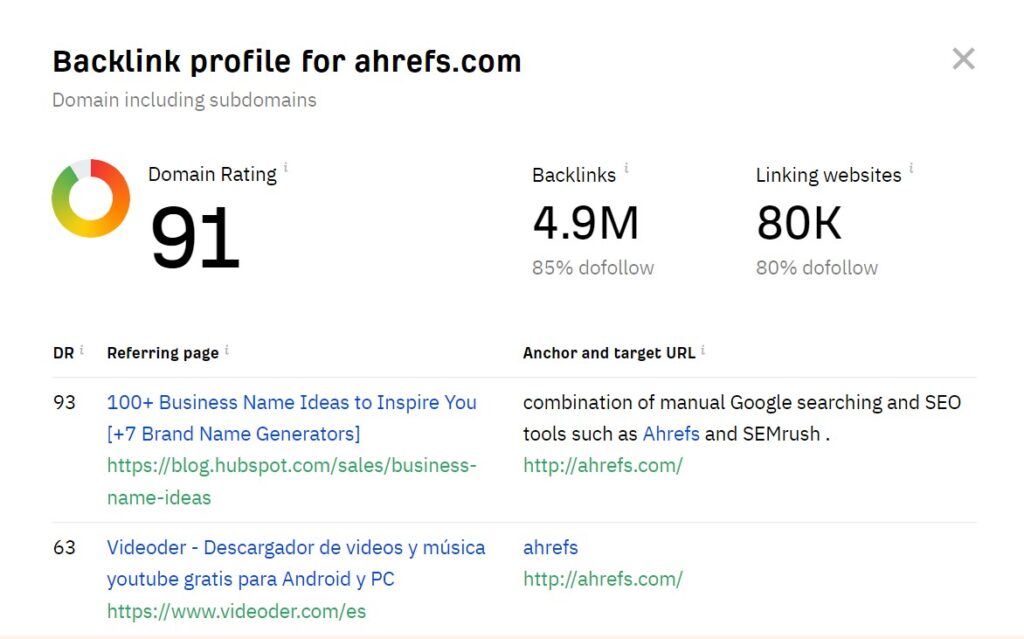Domain names are an integral part of any modern business. Whether used for a company website or part of a marketing campaign, anyone looking to start a business must consider securing a quality domain name.
Premium domains are short, catchy, memorable names that are already registered to a person, entity or organization. Many premium domains can sell for around $5,000 to $20,000 depending on how much value the right domain name can bring to a business.
While determining the fair value of a domain is often very subjective, here is a basic list of naming fundamentals that can be taken into consideration:
1. Keyword Relevance
Consider what kind of natural search traffic the domain would get. Does it contain any natural keywords or phrases?
Keywords can be an important tool to help drive traffic to a website. When a user types a keyword into a search engine, they are more likely to click on the links that contain those keywords in the name.
Tools like SEMrush can be used for keyword research and online ranking data, including metrics such as search volume and cost per click.
2. Backlink Profile
Determine how many backlinks the domain has and the quality. Links are one of the three major ranking factors search engines consider and work like votes to determine which page on a given topic deserves to rank as the top results.
You can quickly check how many links a website has using this Free Backlink Checker by Ahrefs.
Domains with more quality links get a higher domain rating. Websites with several backlinks from other websites with high domain ratings will rank higher than a website that has links from lower quality domains.

3. Domain Age
You can use a tool like the Wayback Machine from Internet Archive to determine out how long the domain has been in use or whether any websites have been developed in the past. This is sometimes called an “aged domain.”
4. Branding
Domain names are more than just your address on the internet: they support your branding and allow prospects and customers to find you, which gives your business a chance to grow.
Good domains have short names that are simple to pronounce. You want your clients to be able to find you as easily as possible.
Brandable domain names should be easy to remember. People should be able to properly spell a domain name when they hear it (also known as passing the “radio test”).
Determine whether your prospective domain has ever been rejected from major branding websites such as Squadhelp or Brandbucket. You can also use the Wayback Machine to check whether the domain was ever used in the past.
5. Similar Marketplace Sales
There are several domain marketplaces that allow you to search available listings and view recent sales data. Look for domains with similar letter count and phrases.
Some public marketplaces to get you started include GoDaddy and Namecheap. Most marketplace websites allow you search by keyword and filter by number of characters.
Try and determine the average value from several domains that have similar properties. Keep in mind that domains priced higher than average may have an existing backlink profile or word relevance.
You May Also Like
- The Ideal Domain Name Length: Insights from Recent Sales and Portfolio Data
- Copyright-Free and Stock Image Resources for Your Website
- Advanced PHP Techniques for Hacking Yoast Metadata in WordPress
- How to Enable the WDDX Extension in PHP 7.4: Installation Guide
- Is It Worth Running Your Own Nameserver? Here’s What You Need to Know
